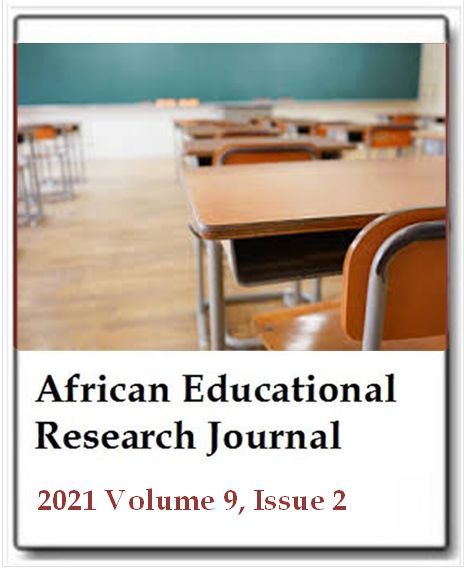Digital literacy self-efficacy scale: A scale development study
Burak Olur and Gürbüz OcakAfrican Educational Research Journal
Published: June 3 2021
Volume 9, Issue 2
Pages 581-590
DOI: https://doi.org/10.30918/AERJ.92.21.074
Abstract
This study aims to develop a scale in order to determine the digital literacy self-efficacy level of primary school students. In line with this purpose, firstly, open-ended questions, which were created and asked for opinions on digital literacy, were directed to field experts and primary school teachers. The draft scale form was created as a result of the responses to open-ended questions and the literature review was presented to the field experts and the items in the draft scale were finalized in the line with the feedback. The draft scale form was applied to a total of 175 4th grade students studying in the central district of Afyonkarahisar in the 2019-2020 academic year determined by purposeful methods. The data were analyzed by Exploratory Factor Analysis (EFA) and it resulted in a structure with 21 items and four subdimensions named ‘Collaboration in Digital Environments’, ‘Emotion Management in Digital Environments’, ‘Information Management in Digital Environments’ and ‘Awareness in Digital Environments’. It was confirmed that the subscales constituted a model by the first level and second level Confirmatory Factor Analysis (CFA). The Cronbach’s alpha value for the scale was found to be .944.
Keywords: Digital literacy, scale development, self-efficacy, primary school students.
Full Text PDFThis article is published under the terms of the Creative Commons Attribution License 4.0

